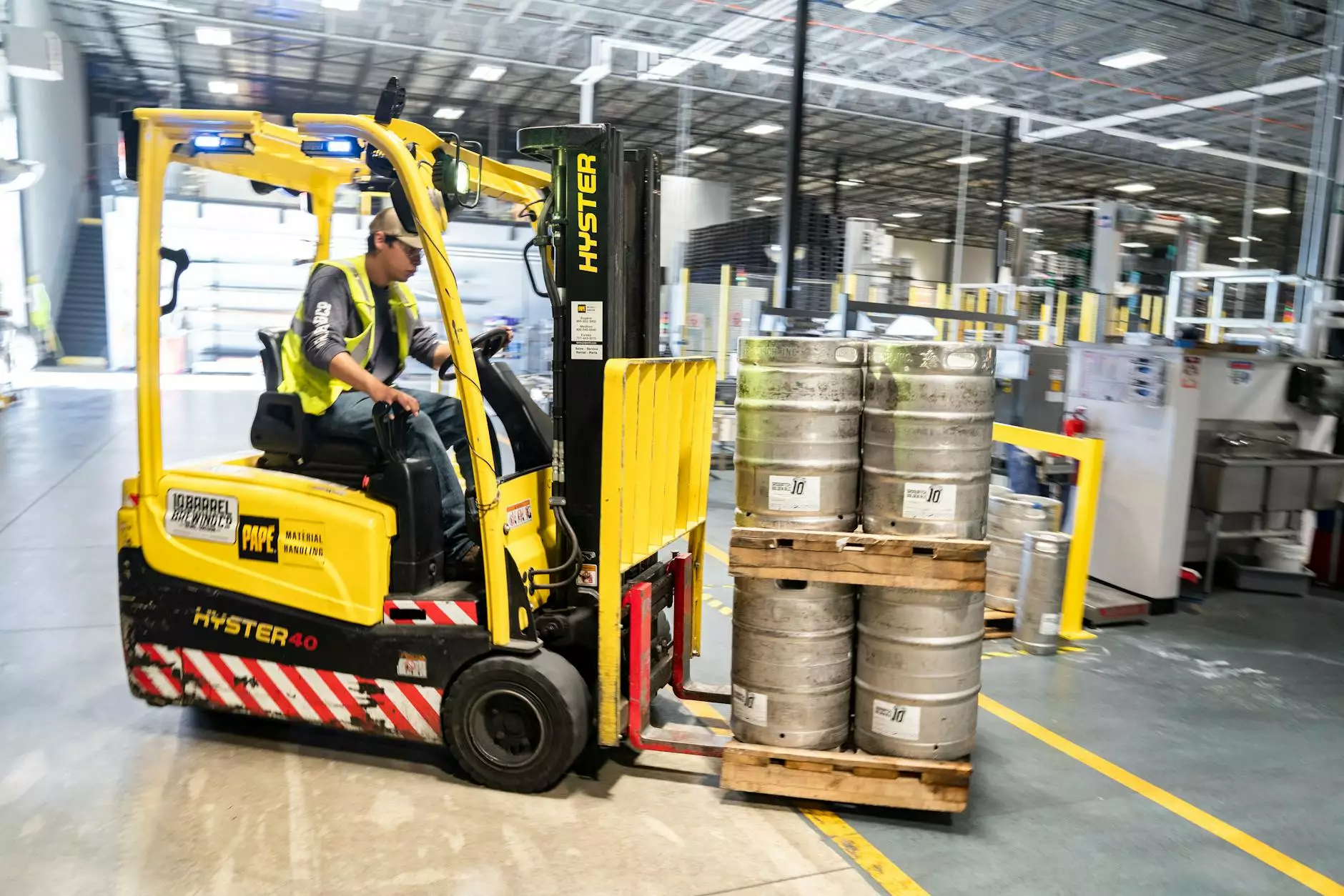The Ultimate Guide to AI Terminology

Welcome to AI Magazine, your go-to source for all things artificial intelligence. In this comprehensive guide, we will delve into the intricate world of AI terminology, helping you navigate through the jargon and understand the concepts that drive innovation in the business landscape.
Understanding the Basics
Before we dive into the specifics, let's establish a solid foundation by defining some key terms that form the building blocks of artificial intelligence:
- Artificial Intelligence (AI): The simulation of human intelligence processes by machines, especially computer systems.
- Machine Learning: A subset of AI that enables machines to learn and improve from experience without being explicitly programmed.
- Deep Learning: A type of machine learning that uses neural networks to mimic the way the human brain processes information.
The AI Glossary
Now, let's explore a comprehensive glossary of AI terms that will enhance your understanding of this cutting-edge technology:
1. Neural Networks
Neural networks are a set of algorithms modeled after the human brain that recognize patterns and interpret sensory data through machine perception.
2. Natural Language Processing (NLP)
Natural language processing focuses on the interaction between computers and humans through natural language, enabling machines to understand, interpret, and generate human language.
3. Computer Vision
Computer vision is a field that enables machines to interpret and understand the visual world through image and video analysis.
4. Chatbot
A chatbot is an AI-powered software program that simulates conversation with users, providing automated responses for seamless communication.
5. Algorithm
An algorithm is a set of instructions designed to perform a specific task or solve a particular problem, crucial in AI for decision-making processes.
6. Big Data
Big data refers to large and complex datasets that can be analyzed computationally to reveal patterns, trends, and associations, driving AI applications.
Expanding Your AI Vocabulary
As you continue to immerse yourself in the world of artificial intelligence, it's essential to expand your AI vocabulary to stay current with the latest advancements and trends. Here are a few more AI terms to add to your glossary:
7. Reinforcement Learning
Reinforcement learning is a type of machine learning that uses a system of rewards and punishments to drive autonomous decision-making.
8. Data Mining
Data mining involves the process of discovering patterns and extracting valuable information from large datasets, contributing to AI insights and predictions.
9. Autonomous Vehicles
Autonomous vehicles are self-driving cars equipped with AI technology to navigate and operate on the roads without human intervention.
10. Predictive Analytics
Predictive analytics uses statistical algorithms and machine learning techniques to forecast future outcomes based on historical data, aiding decision-making in various industries.
Unlocking the Potential of AI
By familiarizing yourself with the diverse terminology and concepts in the field of artificial intelligence, you gain a competitive edge in leveraging AI technologies to drive innovation, efficiency, and success in your business endeavors. Embrace the AI revolution and explore the endless possibilities that await with our comprehensive glossary of AI terms.









